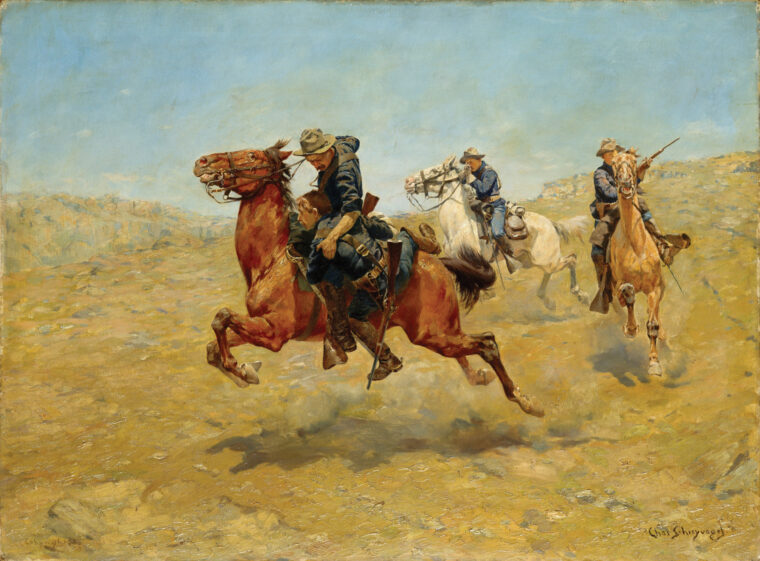
Ulysses S. Grant
Rosebud Creek
By Eric NiderostAround 8 o’clock on the morning of June 17, 1876, Brig. Gen. George Crook ordered his troops to halt along the banks of Rosebud Creek. Read more

General Ulysses S. Grant was commander of all U.S. Army forces in the field during the American Civil War from the spring of 1864 until the conclusion of the conflict. He was appointed to command after successes in the Western Theater and accepted the surrender of Robert E. Lee’s Confederate Army of Northern Virginia at Appomattox on April 9, 1865. Ulysses S. Grant spent most of his time as overall commander in the field with General George Meade’s Union Army of the Potomac. After the war, Grant was elected to two terms as President of the United States. Ulysses S. Grant died in 1885 at the age of 63.

Ulysses S. Grant
Around 8 o’clock on the morning of June 17, 1876, Brig. Gen. George Crook ordered his troops to halt along the banks of Rosebud Creek. Read more
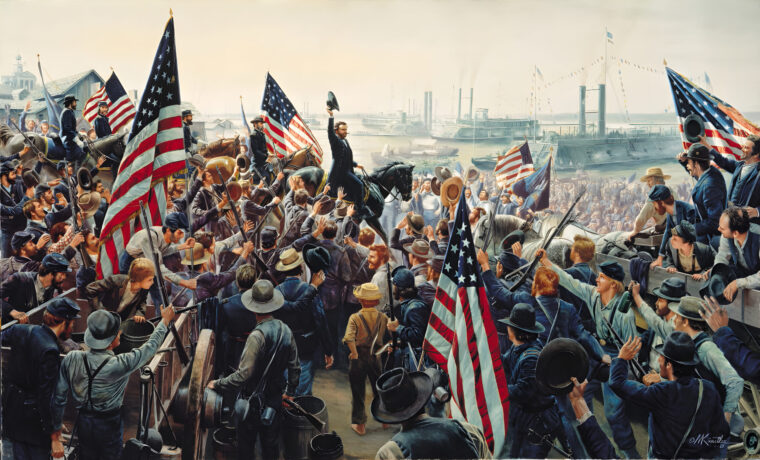
Ulysses S. Grant
Big battles make the history books. But for the soldiers, it was often the smaller, fiercer fights they remembered most keenly later in their lives. Read more
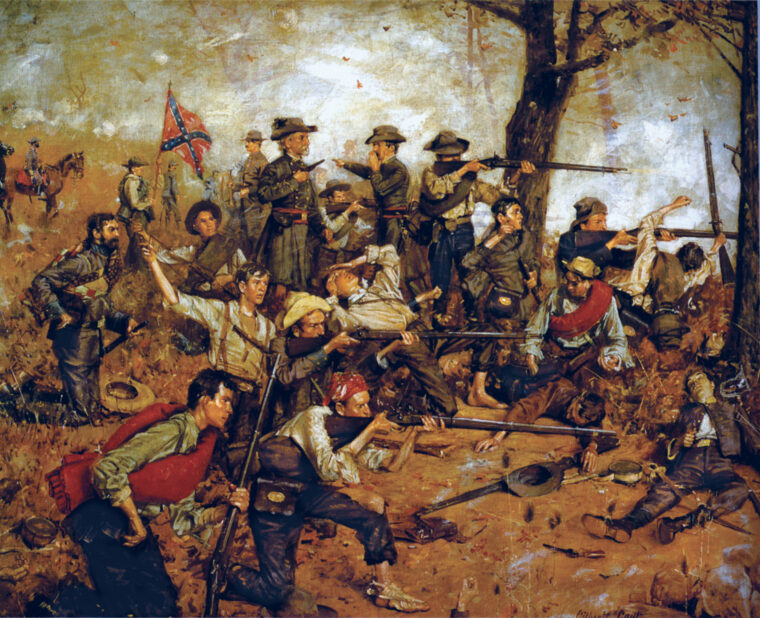
Ulysses S. Grant
When the Civil War started in 1861, there were only two officers in the Union Army who had commanded a force in battle larger than a brigade. Read more
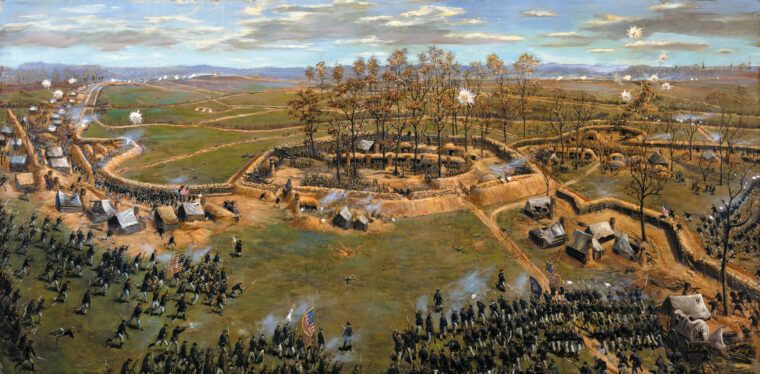
Ulysses S. Grant
By the early spring of 1865, the Southern Confederacy was on the cusp of extinction. In every theater of the four-year-old Civil War, the gray-clad Rebels were getting the worst of things. Read more
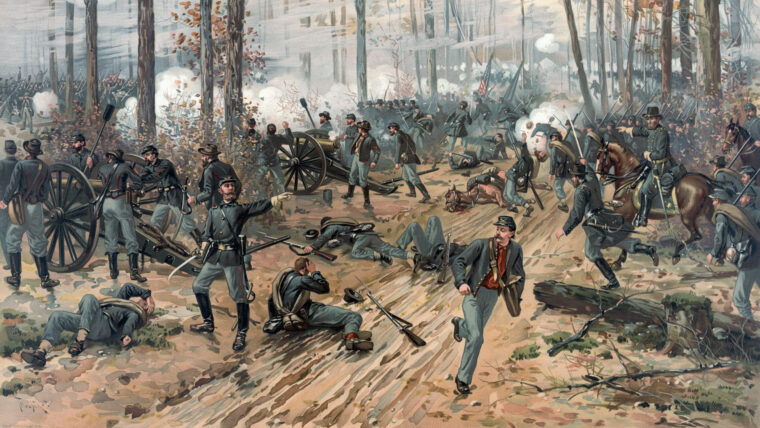
Ulysses S. Grant
By the end of the winter campaign of 1861-1862, Union Maj. Gen. Ulysses S. Grant had shattered the Confederate defenses in northwest Tennessee with a combined land and water attack on Forts Henry and Donelson, forcing General Albert Sidney Johnston to abandon his bastion at Nashville and retreat southward. Read more
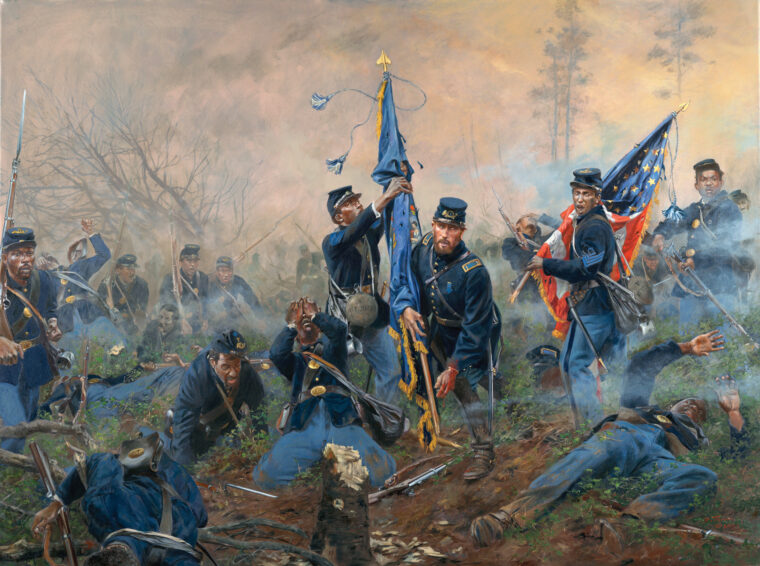
Ulysses S. Grant
Reports of a massive enemy force crossing the James River to assail the paper-thin Confederate lines defending Richmond reached Lt. Read more

Ulysses S. Grant
Peering through a pair of field glasses, Major General Nathan Bedford Forrest perched in an oak tree on Missionary Ridge, overlooking the Tennessee town of Chattanooga, and observed a Union army in complete disarray. Read more

Ulysses S. Grant
In 1864, the Civil War was raging across the United States. At the epicenter of the seemingly stalemated conflict was the vital Confederate stronghold at Petersburg, Va. Read more
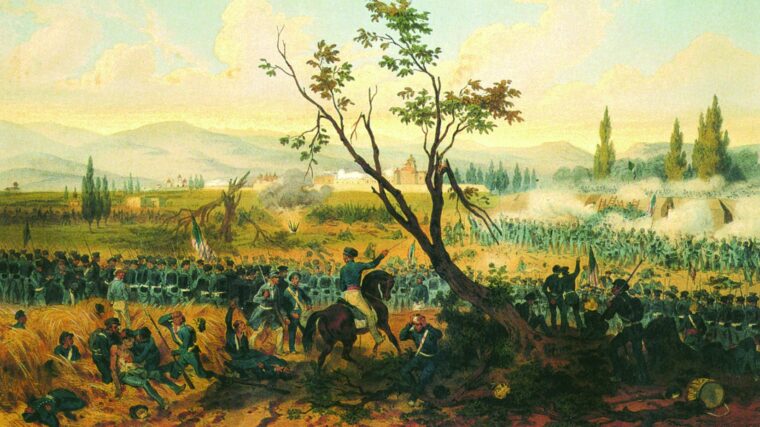
Ulysses S. Grant
Men have been reporting their wars almost as long as they have fighting them. The first prehistoric cave drawings depicted hunters bringing down wild animals, and spoken accounts of battles, large and small, formed the starting point for the oral tradition of history. Read more
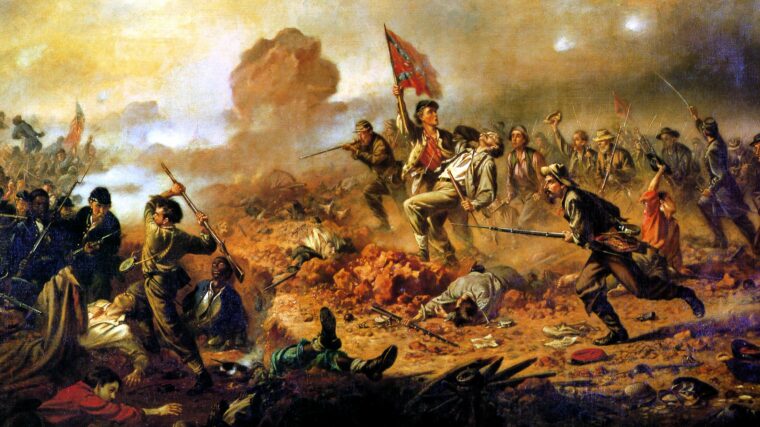
Ulysses S. Grant
In the summer of 1864, after six weeks of virtually constant combat in the Wilderness area of northern Virginia, the Union and Confederate armies of Ulysses S. Read more

Ulysses S. Grant
We can never know what frantic thoughts raced through George Armstrong Custer’s mind in the last hour of his life. Read more
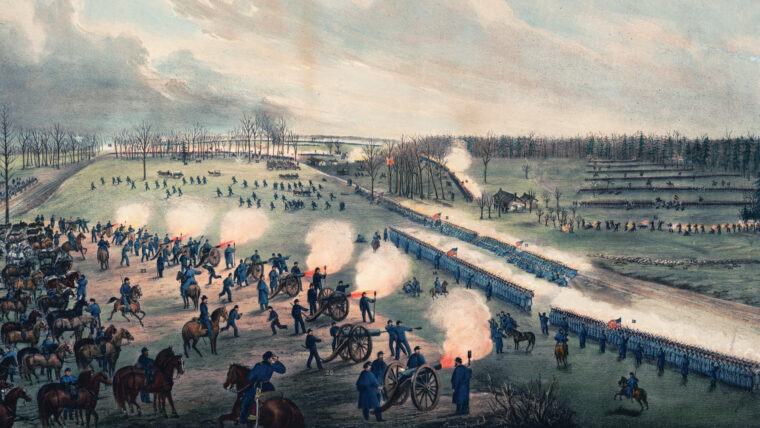
Ulysses S. Grant
For weeks, Maj. Gen. William Rosecrans had been hearing increased grumblings from Washington about how he should move his army out of Nashville and strike General Braxton Bragg’s Confederate forces 30 miles away in Murfreesboro. Read more
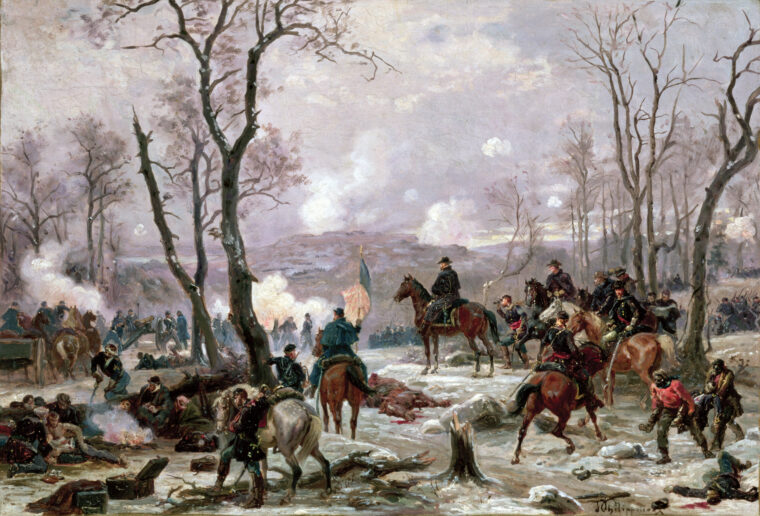
Ulysses S. Grant
A signal rocket set off by Confederate pickets streaked skyward in the damp early morning of February 4, 1862. Read more
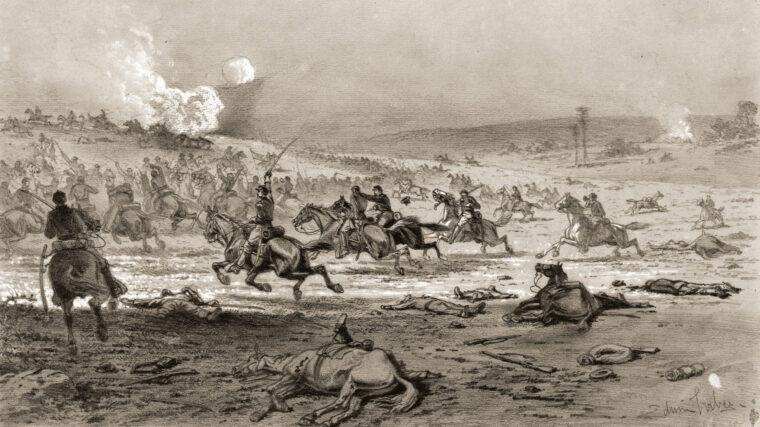
Ulysses S. Grant
“We have been badly used up,” a sergeant in the 5th New York Volunteer Cavalry Regiment complained in a letter to his wife on May 8, 1864, four days before J.E.B. Read more
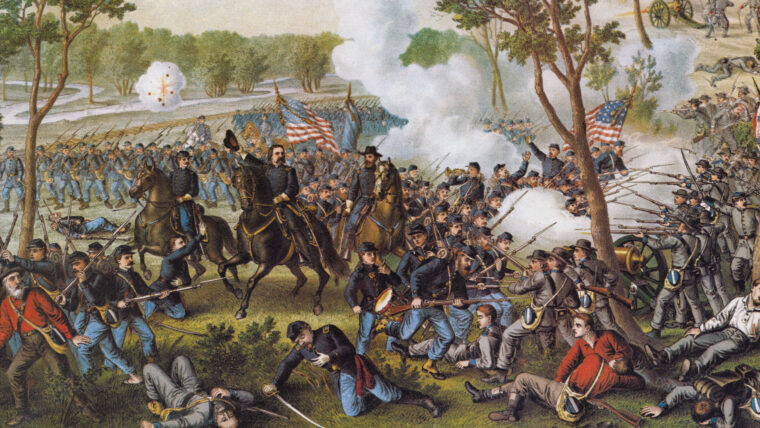
Ulysses S. Grant
During the Civil War, the strategic importance of Vicksburg, Mississippi, was readily apparent to both the Union and the Confederacy. Read more
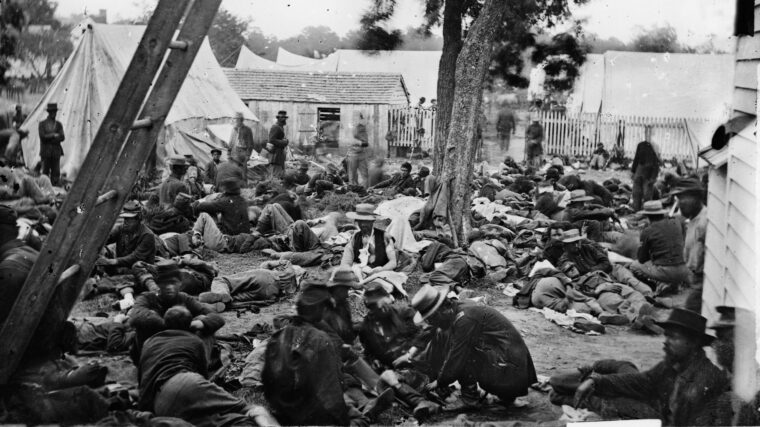
Ulysses S. Grant
Safe behind its ocean barriers, the United States paid scant attention to the wars that raged abroad during the early 19th century, taking little notice of the lessons that might have been learned from the European experience with mass killing. Read more
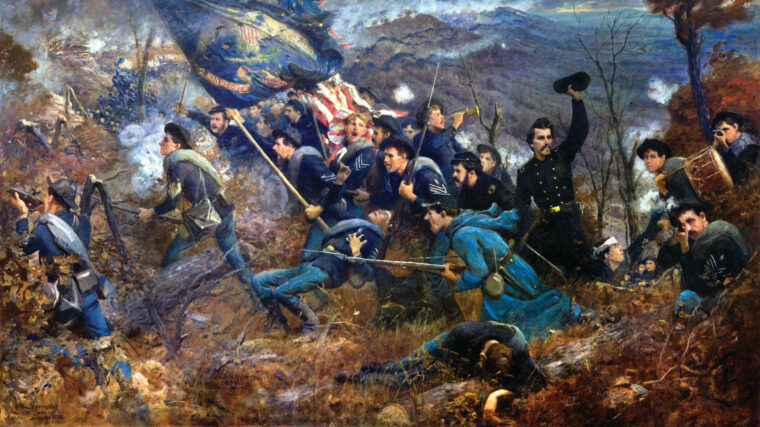
Ulysses S. Grant
It was the afternoon of September 20, 1863, and the right wing of the Union Army of the Cumberland was in full flight at the battle of Chickamauga in northern Georgia. Read more
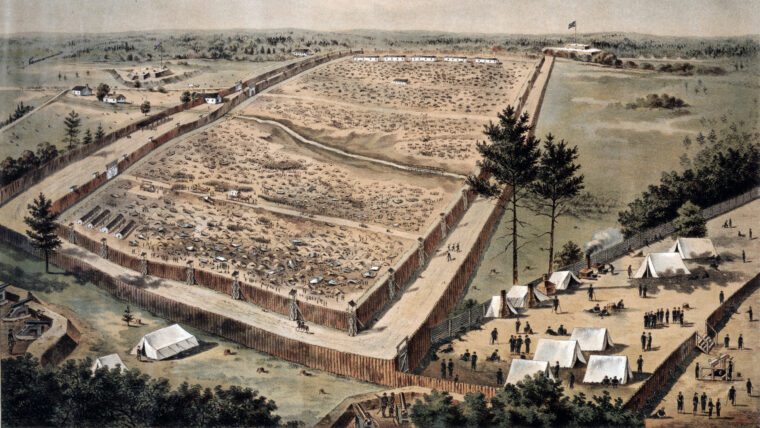
Ulysses S. Grant
The June 19, 1861, editorial in the Charleston Mercury newspaper warned: “War is bloody reality, not butterfly sporting. Read more
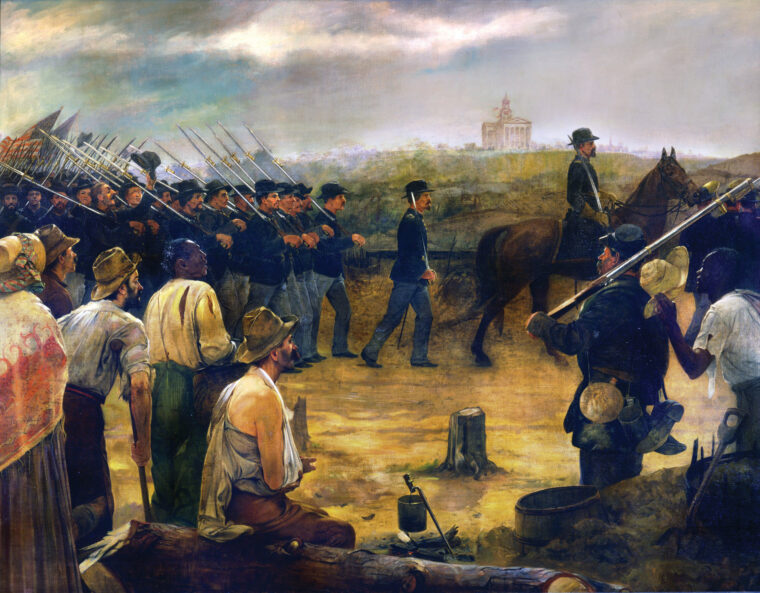
Ulysses S. Grant
The citizens of Vicksburg would scarcely remember a more beautiful evening. The sky on April 16, 1863, was cloudless, and as the ruddy glow of twilight faded, the vast expanse was speckled with stars. Read more
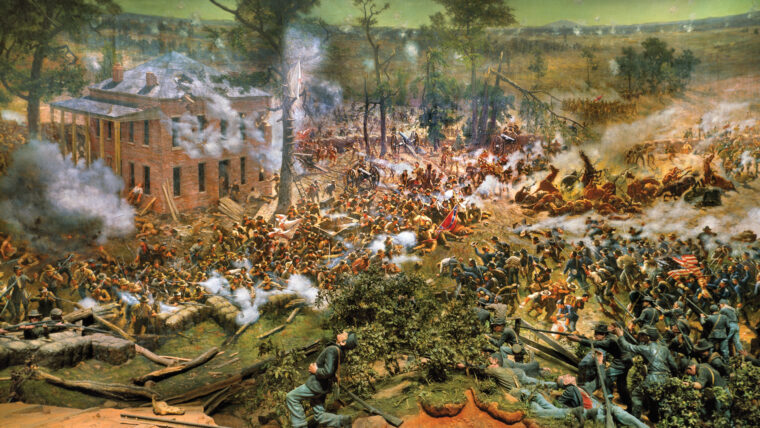
Ulysses S. Grant
The guide shook uncontrollably when the gray-clad general pointed his pistol at him in the backwoods of central Georgia on the evening of July 21, 1864. Read more